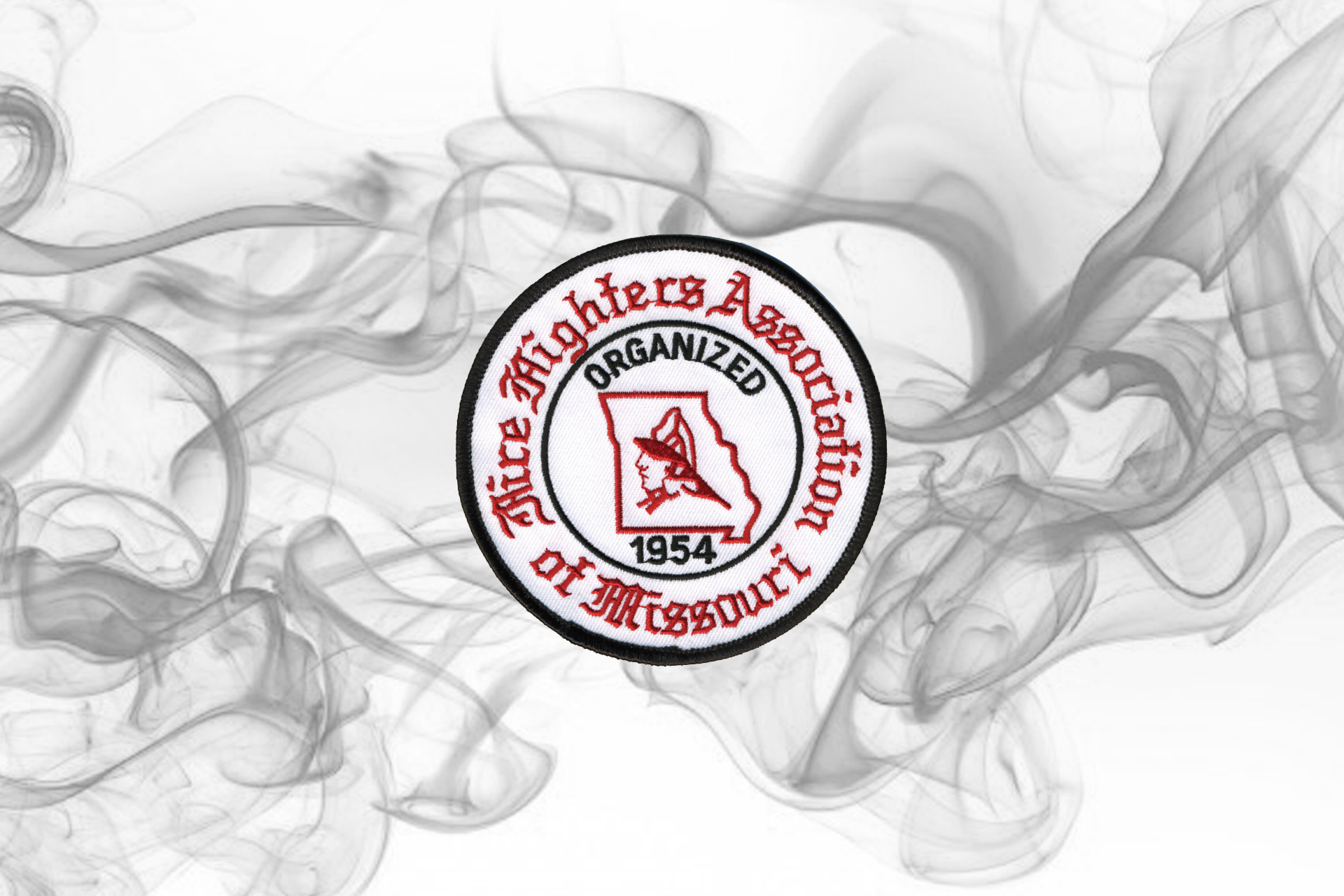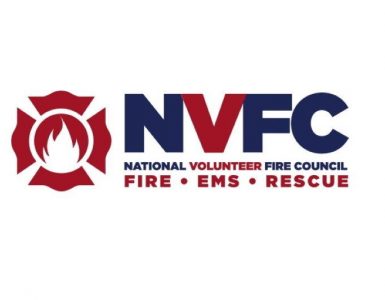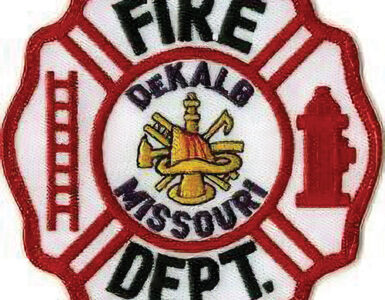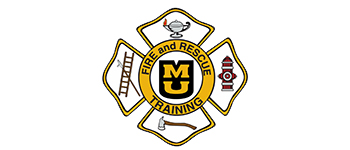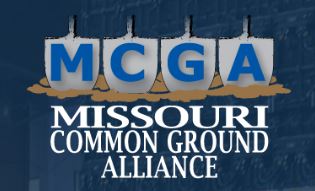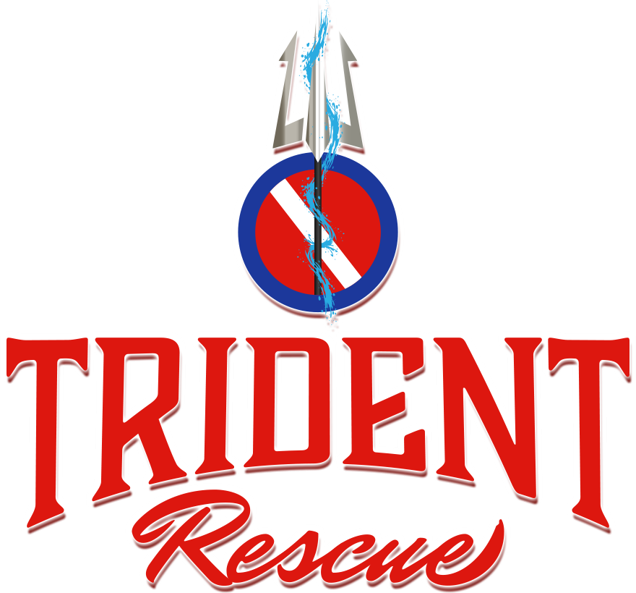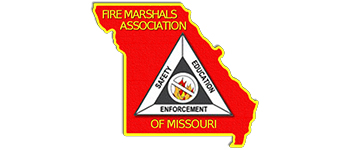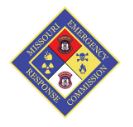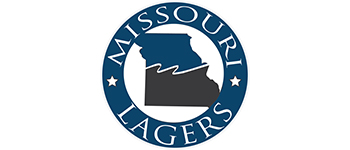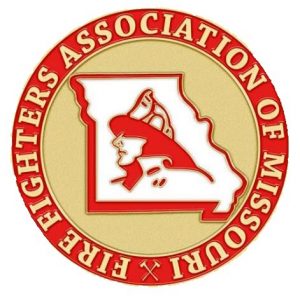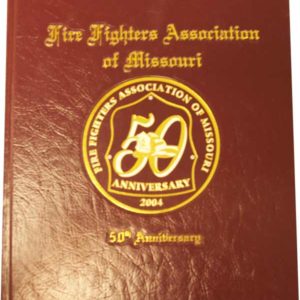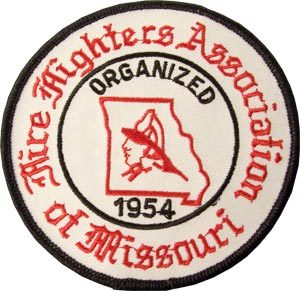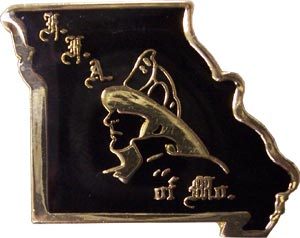In my last article, we discussed the difficult topic of firefighter honors and why it is so important to honor deceased firefighters for the service they provided to their communities. And for those who die in the line of duty, it is important to honor them for both service and sacrifice. We also discussed the importance of developing funeral guidelines prior to suffering the loss of a member of your organization and at a time when decisions can be made with an objective mindset versus an emotional mindset. This article we will discuss the importance of including in those guidelines what your agency will consider ‘Line of Duty’.
When public safety officers are asked to define Line of Duty Death (LODD), most will tell you it is the death of a public safety officer while on duty. For those of you who have participated in the recent online course presentations facilitated by the Supporting Heroes organization, you learned that many different organizations will evaluate the circumstances of a public safety officer’s death, to determine if it meets that entity’s definition of ‘Line of Duty’. Additionally, these organizations may not render a decision related to Line of Duty inclusion for many months or years. Since there is not one common definition, it is important that an agency define this for its purposes during the development of funeral guidelines.
While there is a common belief that any time we are on duty, our actions are considered in the line of duty. Sadly, this is not completely true. Also, did you know that administrative job functions do not routinely meet the criteria for LODD by the Federal Public Safety Officer Benefit program? Therefore, a Chief officer, as an example, whose only role that duty day was administrative (meetings, paperwork, etc.) and suffers a heart attack or stroke while on duty, may not qualify for Federal benefits. Additionally, a law enforcement officer who is on a day off, and is killed by someone who they sent to jail 2 years earlier, may be covered for Federal Public Safety Officer benefits, even though they are off duty.
Why is this important? Many misconceptions exist as to what truly may be considered LODD. In order for an organization to declare the loss of one of their members as LODD, we need to define it so it is understood. A death is only “line of duty” if that person’s life was cut short as a result of his or her service. By applying this simple definition, in the examples above, the police officer meets the criteria as the death was due to revenge applied to the officer who was performing their job in service to the public. Looking at the example of the Chief Officer, many will argue that administrative functions are essential to the function of an organization. While this may be very true, the Chief officers’ life was not cut short as a direct result of his “service”, rather an event that most likely would have occurred regardless if they were on duty or not.
I am honored to assist in instruction of a three part online course hosted by the Support Heroes organization. These courses are essential for all public safety leaders and beneficial for anyone in who works in public safety. Please visit their website at www.supportingheroes.org and join us in these ongoing educational opportunities.


